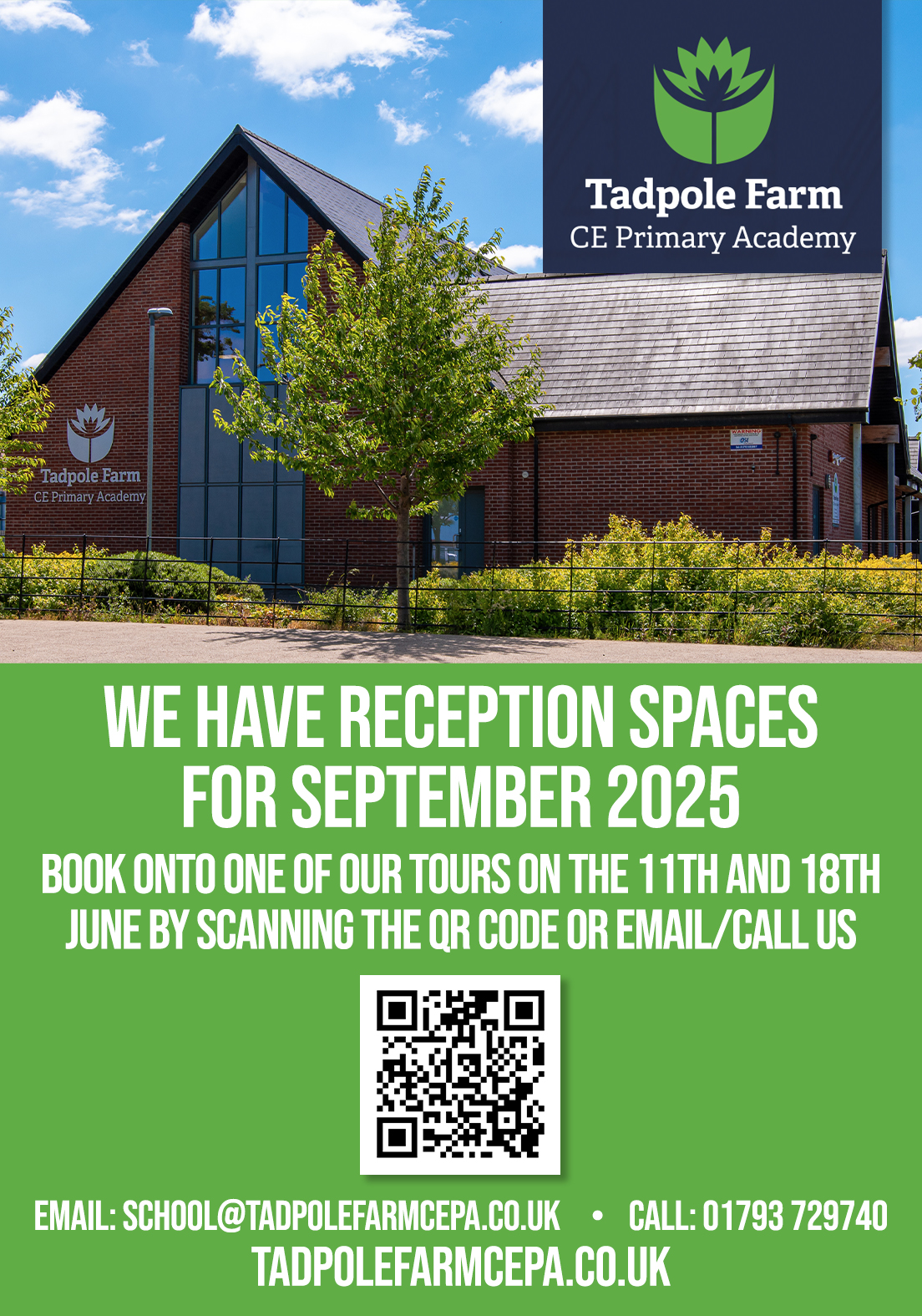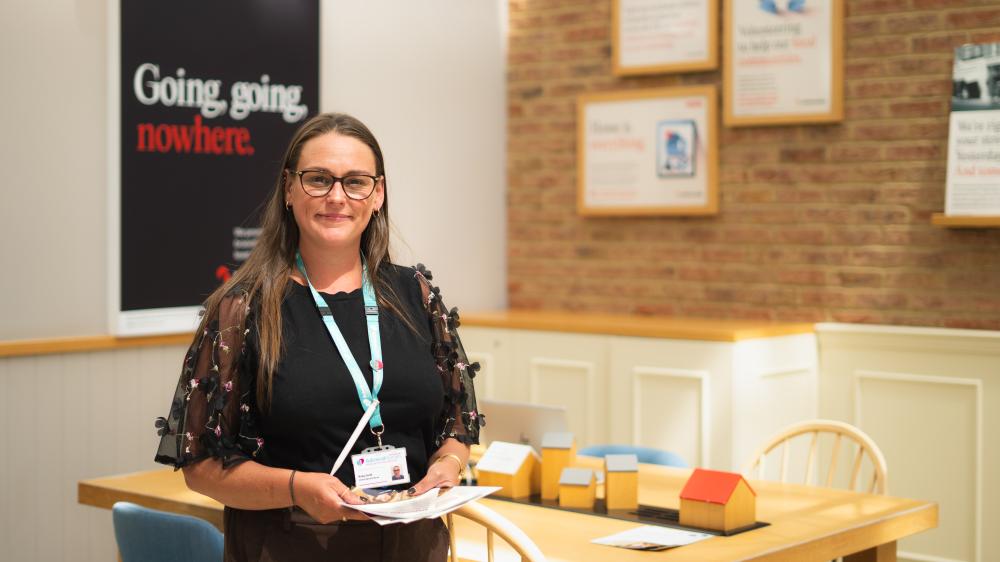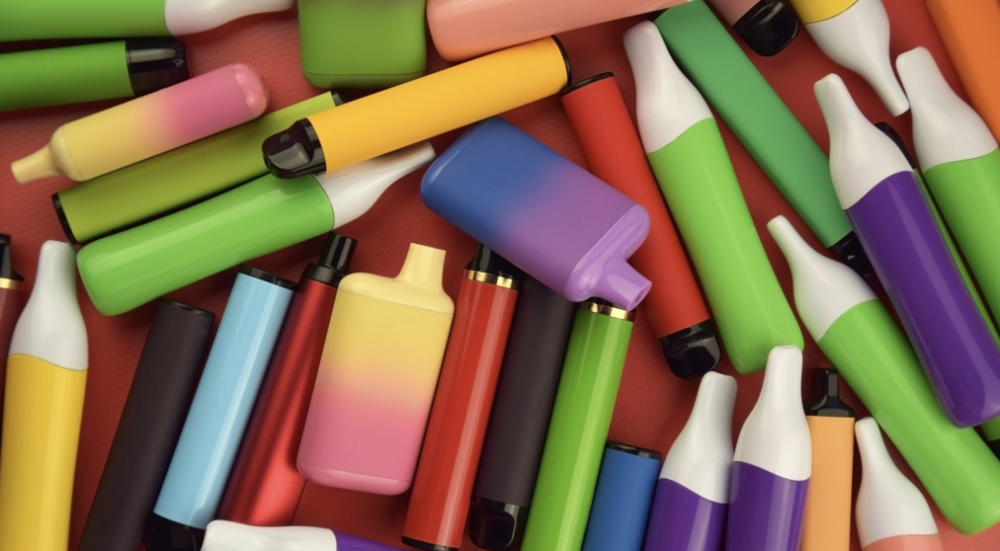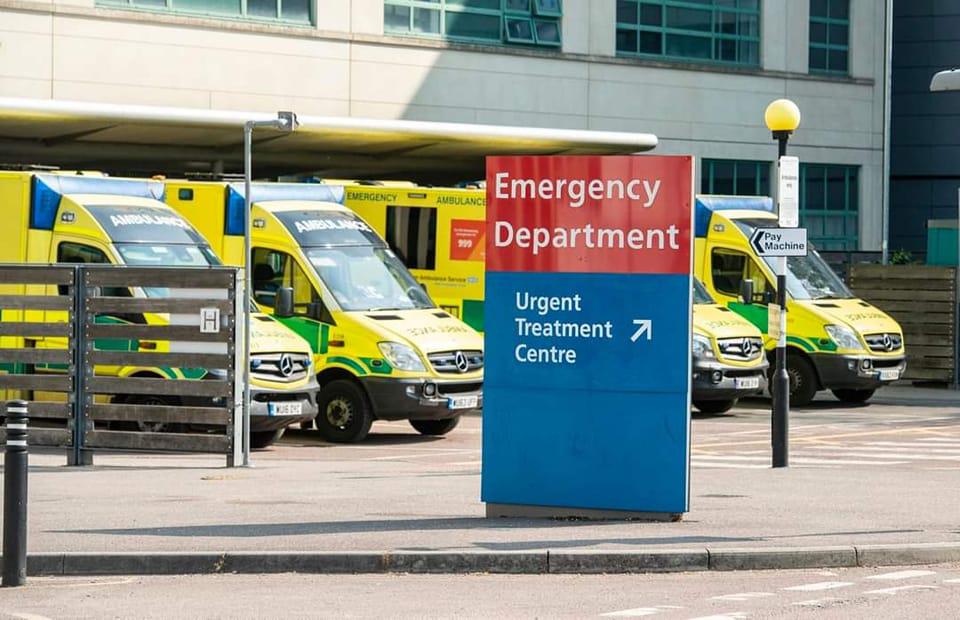Addiction is a huge challenge to live with. Some might say the hardest. It’s a disease, which requires treatment.
Addiction is a chronic disease, not an acute disorder. This means the symptoms of addiction must be continuously treated for the remainder of the person’s life.
Relapse is one such symptom, and relapse doesn’t mean a particular treatment programme has failed.
If the goalposts have shifted, and relapse is becoming a risk, this just means the underlying processes in a treatment programme must also change to manage the changing nature of symptoms.
That’s right, relapse doesn’t mean failure. Like other illnesses and diseases, it needs addressing by professionals.
Mindset and Self-Awareness
As well as trying the tips below, there’s something key to keep in mind. Often, at the beginning of the recovery journey, it’s important to be aware that things might get harder before they become easier. Your brain chemistry, neural pathways, hormones, as well as physical and emotional health are all impacted by the substance.
Addiction is a complex disease that needs unravelling. For the vast majority, quitting substances and behavioural addictions isn’t easy.
Coping mechanisms are critical and you’ll know more than anyone what your main coping mechanism is. Probably the substance, or the unhealthy behaviour.
Accepting that it’s going to be difficult is one of the first steps to healing. Understanding that having as many tools, ideas, and strategies as well as support from professionals is imperative. The more tools and approaches you have to manage the addictive behaviours, the more chance you have of healing.
And you CAN heal. Many people do. And once you do? Life is so worth it.
Tips for Overcoming Addiction
Below, we list some of our favourite tips for overcoming addiction:
1. Take Reflection Time
Spend time reflecting. Consider what things you’ve already found helpful in managing substance use and what things you know really don’t help. Be honest with yourself. Write it down. Having a visual list is a helpful reminder. This isn’t a time to be self-critical. You want to recover, that’s the positive that you focus on.
2. Focus On What You Want
You want to heal, you want to recover, you want to quit the alcohol and/or drugs. You want to reach a point where when you wake up in the morning, you think of breakfast – and that’s it (rather than of drugs or drink).
You want natural energy, to be clear-headed, to feel healthy. You want your relationships to get better, to get on top of your finances…
There will be times you want the substance, right? Wrong! That’s a craving. That isn’t you. You and your cravings are separate.
There will be times you want to relax, feel high, not feel the pain, right?
Fair enough. Of course you want those things. The point is that there are other healthy ways to relax, to feel high, to manage pain, and it’s time to retrain your mind by doing other healthy things.
Focus on how being sober feels good and positive. How you feel after NOT using in contrast to how you feel after you have, this can be really helpful.
3. Consider Your Triggers
There will be people, places, objects, times of the week, events, all sorts of things that make you want to drink or get high. At the start of this journey, it’s best to avoid the triggers.
Once you’ve been in recovery and sober for a long time, you might be able to sit in a pub again and not drink, but for now? It’s not going to help.
- Change Your Environment: This might include where you spend social time. As just mentioned, spending time in the pub won’t help if you’re addicted to alcohol. If you’re a drug user, you’ll might associate certain roads, houses, and clubs with getting high. Avoid them. What if it’s your own home? Maybe ask yourself, can you make changes so that your space feels healthier and safer?
- Social Circles: Often, people with addictions spend time with other users. It’s a space of enabling and co-dependency. As much as you might care for, like, even love those people, you must put yourself first. Separate yourself. Find other people who don’t use substances to spend time with. This might be family, old friends, or it could mean a peer-led addiction support group, like AA or NA.
- Delete Dealers Phone Contacts: Delete dealer contacts and tell your dealers not to sell to you. It’s a positive step and provides an extra barrier to scoring. In relation to alcohol, avoid the alcohol aisle at the shop. Shop online, or ask someone to pick up your groceries, so you can be specific about what to buy without looking at the alcohol.
4. Think and Talk About Recovery
Spend time thinking about recovery and what you want your life to look like when you’re sober.
Talk openly about recovery to people who care about you and in support groups. It can be difficult to start with, but there’s a huge amount of value in this and can help you stay on track.
Learning a bit about cravings and how to manage them is an invaluable tool. So what is a craving?
A “craving is a subjective experience of wanting to use a drug. This definition has three distinct elements: craving is conscious, craving is best captured by an expression of desire, and that desire is directed toward the use of a specific drug.”(2)
It’s commonly agreed in the addiction field that cravings last around 30 to 40 minutes (interestingly similar to the length of panic attack).
One of the most useful things to keep in mind when it comes to cravings is to know that it will pass. Accept that it’s there, acknowledge that you can give into to it or not, and know that it will pass.
It’s also helpful to know that cravings reduce in severity and frequency the longer into recovery you are.
Another tip, if a craving hits?
Call someone who you can talk openly with. Ask them for conversational distraction, or you might start a hobby that helps you manage or quiet your thoughts (i.e. painting) and return to it in that moment.
5. Commit to other healthy activities
Addiction often dominates life. When you remove a substance, you’ll benefit from having other healthy activities to support peaceful living. It might be exercise, adventure therapy, mindfulness, journaling, art, reading, or simply walking. This June, you can take a walk in Swindon’s open gardens, why not go have a wander and spend time noticing the flowers?
You can also support your mind and body through nutrition, hydration, and speaking to medical professional about supplements. Your body goes through a huge amount when it’s housed alcohol and drugs. Even during a relapse, you can support yourself by eating and drinking healthy foods and water.
Seek Professional Help
No matter how you decide to approach your recovery journey, it’s important to keep in mind that professional help is important. Addiction is a disease and must be treated as such in order for you to have the highest chances of healing.
Getting Help in Wiltshire
In Wiltshire, you can access Alcoholics Anonymous, Narcotics Anonymous, drug and alcohol services, private addiction treatment clinics, cognitive behavioural therapy which is shown to be “effective” in treating substance disorders(3), and other forms of private counselling.
Contact your local GP for guidance.
References
(1) https://nida.nih.gov/publications/drugs-brains-behavior-science-addiction/treatment-recovery








